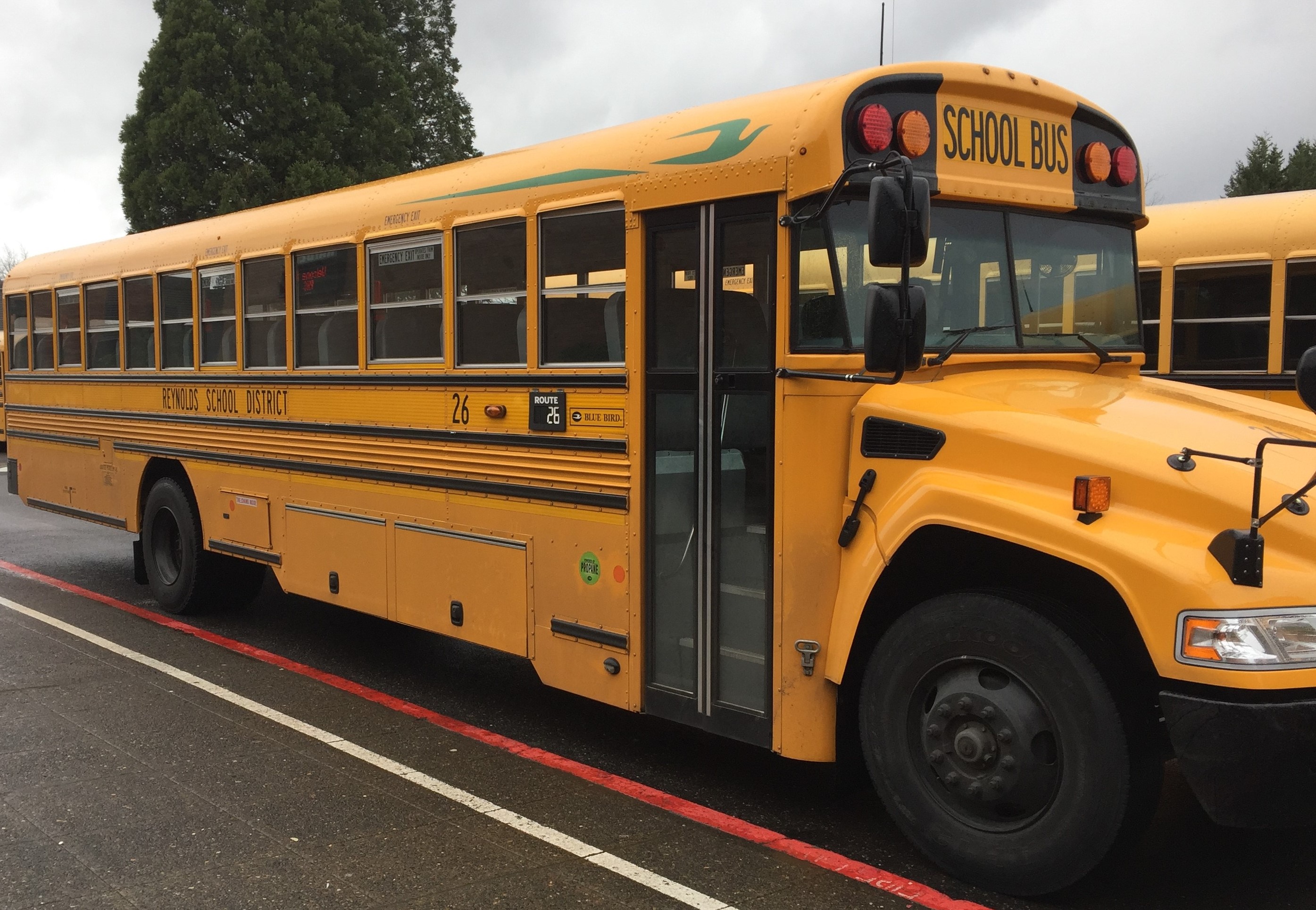With only hours to go, Senegal decided against reopening its high schools on Tuesday under a programme to ease coronavirus restrictions, after a cluster of infections emerged among teachers in the south of the country.
Classrooms in the poor West African state have been shuttered since March 16.
Students in the last three years of high school — 550,000 out of 3.5 million children in the education system — had been scheduled to return on Tuesday.
- COVID-19: Experts offer suggestions for resumption of schools
- FG to roll out policy on schools’ reopening, considers sectionalising classes
But in the middle of the night, the education ministry announced the much-awaited move was being delayed “until a later date”.
It said a number of coronavirus cases had been detected among teachers in Casamance, a region in Senegal’s far south.
Ahead of the scheduled return, many teachers, parents and students had voiced fears about the risk of infection.
They said schools were under-equipped and social distancing and other coronavirus prevention measures were impossible to impose.
Catholic schools in the capital Dakar announced on Monday that they would reopen — but without children.
They said they were “not ready to receive students” and refused to “endanger the lives of pupils, staff and their families”, according to a statement from the schools.
Catholics represent around five percent of the population of Muslim-majority Senegal.
The country has officially counted more than 3,700 cases of COVID-19, including 43 deaths.
As with other African countries, the pandemic has been relatively contained, but the weak state of Senegal’s health system has stirred many doubts about its ability to withstand major spread.
These concerns stand in contrast to a clamour for an easing of restrictions in a country where 40 percent of the population live below the threshold of poverty, according to the World Bank, and where many people survive on menial day-to-day labour.
In the last few weeks, the media showed reassuring pictures of cleaners scrubbing classrooms.
But social media showed a somewhat different image: footage of crowds of children and teachers waiting for buses in parking lots without any social distancing and pictures of poorly-equipped schools, some of which had only limited access to water.
Internet users itemised masks, soap and detergent that had been distributed to schools, highlighting the lack of supplies compared with the scale of the need.
Teachers infected
An education ministry official told the radio station RFM that 10 teachers had been infected in the Ziguinchor region, the capital area of Casamance.
In light of this, President Macky Sall “decided to postpone the return to school to a later date in order to prevent any risk of spread”, the ministry said.
He called on the authorities to “continue with work that is already underway” for a resumption, the ministry said.
Senegal swiftly introduced preventative measures against coronavirus after the first case surfaced on March 2.
The government imposed a raft of restrictive measures but no lockdown under a state of emergency that has just been extended until the end of June.
A decision is expected in the coming days on whether some measures should be lifted, including a night-time curfew and a ban on travel between regions.
AFP

 Join Daily Trust WhatsApp Community For Quick Access To News and Happenings Around You.
Join Daily Trust WhatsApp Community For Quick Access To News and Happenings Around You.


